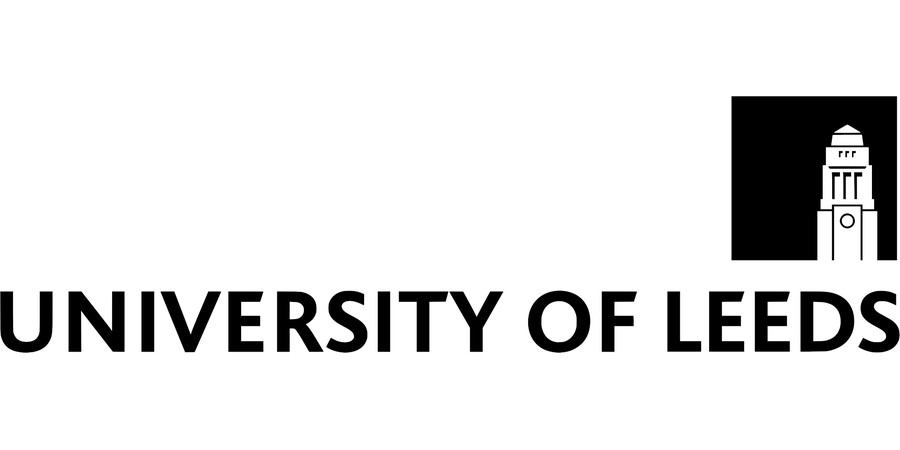PhD Studentship: Digitally Directed Optimisation of Mixed Metal Oxide Catalysts for Hydrogenations of Heteroaromatics and Downstream Functionalisation
University of Leeds - Chemistry
| Qualification Type: | PhD |
|---|---|
| Location: | Leeds |
| Funding for: | UK Students |
| Funding amount: | £19,237 |
| Hours: | Full Time |
| Placed On: | 7th February 2025 |
|---|---|
| Closes: | 31st March 2025 |
Faculty of Engineering and Physical Sciences EPSRC Project Proposals 2025/26
Eligibility: UK Only
Funding: EPSRC CASE Collaborative Studentship consisting of the award of fees, together with a tax-free maintenance grant of £19,237 per year for 3.5 years.
Lead Supervisor’s full name & email address
Professor Thomas Chamberlain: t.w.chamberlain@leeds.ac.uk
Co-supervisor(s) full name & email address
Dr Adam Clayton: a.d.clayton@leeds.ac.uk
Professor Richard Bourne: r.a.bourne@leeds.ac.uk
Project summary
The future of sustainable pharmaceutical manufacturing relies on developing more efficient and environmentally friendly catalytic processes. This project aims to create novel catalysts that will significantly enhance the efficiency of key chemical transformations, particularly hydrogenation reactions which are ubiquitous in the pharmaceutical industry. By leveraging recent advances in digital chemistry and continuous flow technologies, you will revolutionise both the speed of catalyst development and the depth of mechanistic understanding. Autonomous reactors driven by machine learning algorithms will be used to rapidly optimise the substrate scope and explore the integration of these novel hydrogenation catalysts into multistep, telescoped flow processes. A combination of economic and environmental process metrics will be targeted during optimisation, which is crucial for reducing the overall carbon footprint of the pharmaceutical industry.
We are recruiting a motivated PhD student to develop automated flow technologies to enable the next generation of metal oxide catalysts for synthesis of products within the pharmaceutical sector. This project aims to deliver a transformative shift in the area of catalysis development for pharmaceutical synthesis, an area of research which could enable the UK to compete with foreign outsourced research and manufacturing. Digitally directed continuous flow chemistry is currently underutilised, particularly in the pharmaceutical and high value chemical industries. Specifically, optimisation of heterogeneously catalysed reactions with gases across a broader range of chemical and parameter space through the use of continuous flow processing will enable a wider range of potential products and more sustainable and profitable processing. This approach will rapidly influence pharmaceutical process development by enabling efficient determination of optimal processes and accurate appraisal of different processing options.
This project builds on the strong relationship between the Universities of Leeds and Liverpool, harnessing the complementary expertise of both institutes, and is supported by AstraZeneca. The student working on this project will be based primarily at Leeds with a series of periodic, short and sustained, visits to Liverpool during the project, and a 3 month industrial placement in AstraZeneca. The ideal candidate has a strong interest in automation, catalysis and organic synthesis. Effective written and verbal communication skills, good time-management and the ability to work in a collaborative environment are essential.
Please state your entry requirements plus any necessary or desired background
A first class or an upper second-class British Bachelors Honours degree (or equivalent) in an appropriate discipline.
Subject Area
Synthetic chemistry, chemical engineering
Keywords
Artificial Intelligence, digital technologies, catalysts, chemical & process engineering, continuous flow
Advert information
Type / Role:
Subject Area(s):
Location(s):









